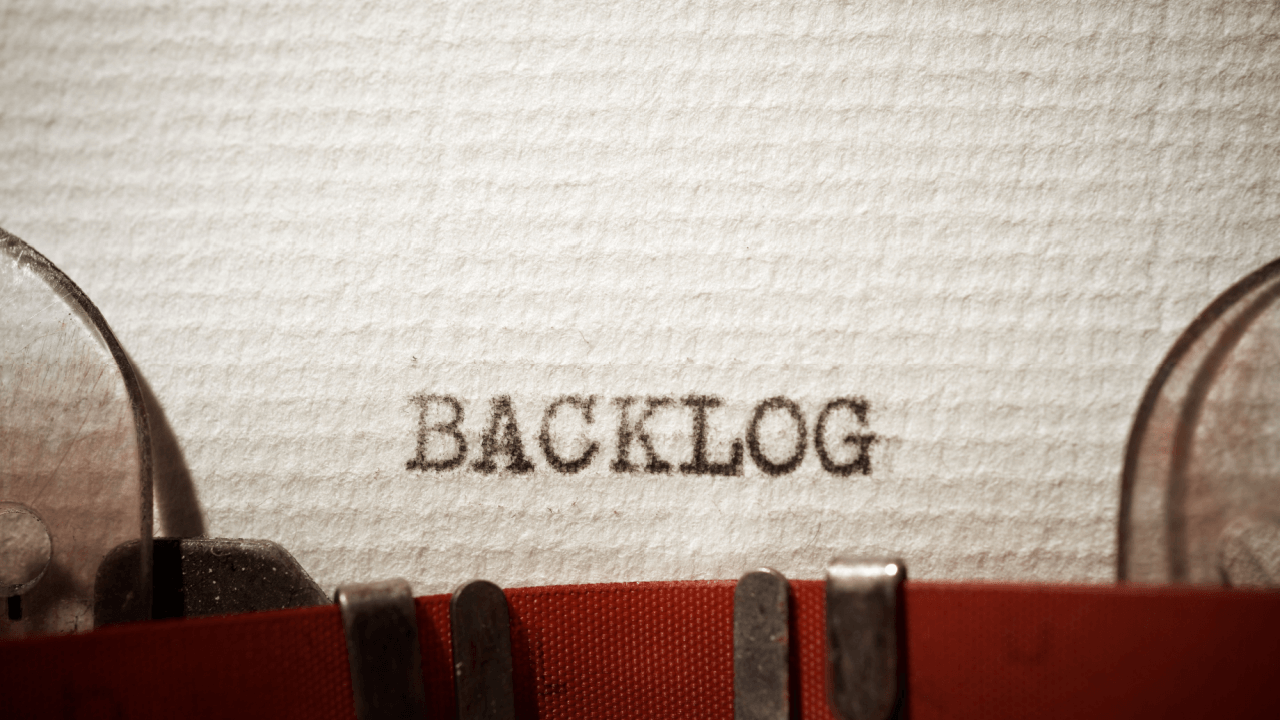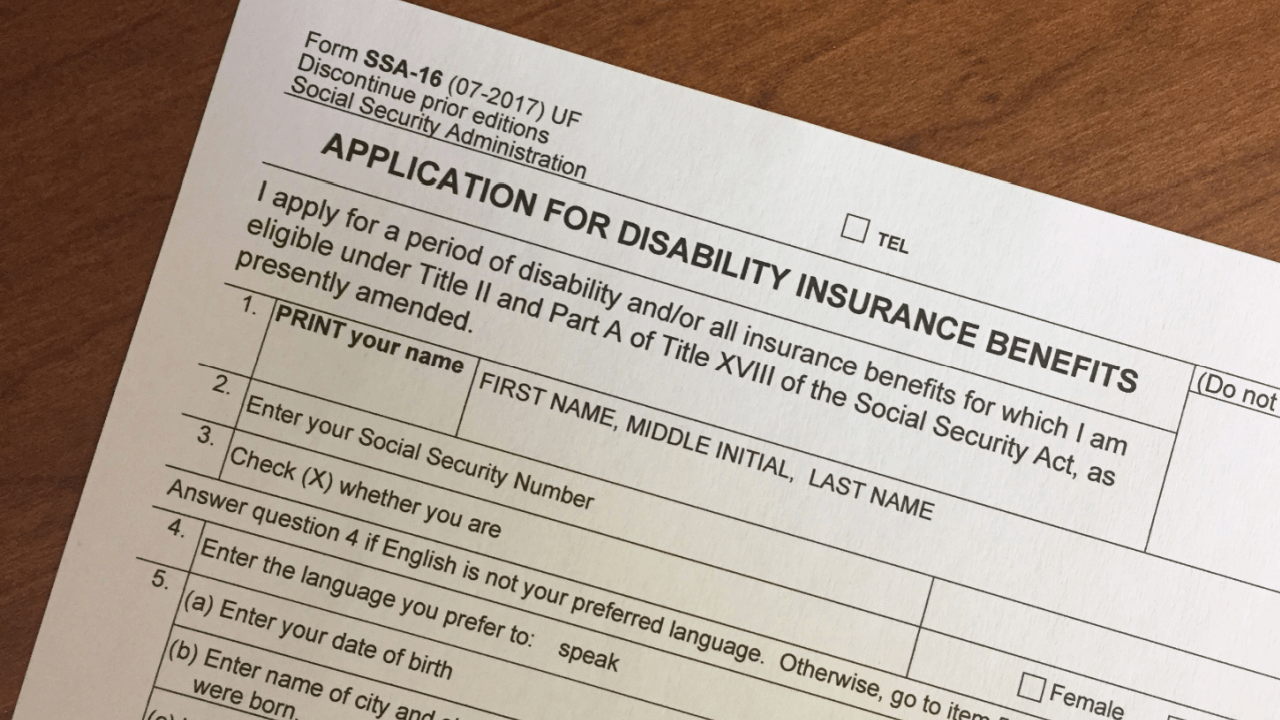
Why Do Most People Get Denied for Disability? Common Reasons and How to Avoid Them
Why Do Most People Get Denied for Disability? Common SSDI Mistakes
When applying for Social Security Disability Insurance (SSDI), many people are surprised to learn that most claims are denied at the initial application stage. This leads to one important question: Why do most people get denied for disability?
The truth is, denials typically aren’t personal. Instead, they often stem from common filing mistakes, insufficient documentation, or a misunderstanding of how the Social Security Administration (SSA) evaluates disability claims.
In this article, we’ll break down the top reasons SSDI applications are denied—and steps that may help applicants avoid common filing issues.
Top Reasons Disability Claims Are Denied at Initial Application
Understanding the most frequent causes of denials can help you avoid costly mistakes.
Lack of Sufficient Medical Evidence
SSA decisions are based heavily on medical records. If your application lacks test results, physician notes, hospitalizations, or treatment histories showing the severity of your impairment, SSA may deny your claim for “insufficient evidence.”
Condition Not Severe Enough
Your condition must prevent you from engaging in substantial gainful activity (SGA) for at least 12 months. If SSA believes you can still perform basic work activities despite your impairment, your claim will be denied.
Failure to Follow Prescribed Treatment
If your medical records show that you aren’t following recommended treatments, therapies, or medications without good reason, SSA may deny your claim, arguing that treatment could have improved your condition.
Earning Too Much Income
If you are working and earning above the SSA’s monthly income threshold, SSA may deny your claim, regardless of your medical condition.
Technical Errors and Incomplete Applications
Simple mistakes, like missing forms, incomplete work history reports, or incorrectly submitted documentation, cause many otherwise valid claims to be delayed or denied.
How to Avoid Common SSDI Application Errors and Improve Approval Chances
Avoiding denial often comes down to careful preparation and accurate filing. Here’s how:
Submit Comprehensive Medical Evidence
Gather all relevant medical records, including test results, hospital admissions, physician statements, and medication lists. The more thorough your documentation, the stronger your case.
Get a Residual Functional Capacity (RFC) Form
Having your treating doctor complete an RFC form describing your functional limitations (like sitting, standing, lifting, concentrating) provides SSA with critical insight into how your condition impacts your ability to work.
Follow All Prescribed Treatments
Demonstrating that you are actively participating in your treatment plan helps show SSA that your condition persists despite medical efforts.
Limit Work Activity During Application Process
If possible, avoid earning income above the SGA limit while your claim is pending. Part-time work must be disclosed but kept minimal to avoid triggering denials.
Work With an Experienced Disability Lawyer
Disability attorneys understand how to present claims clearly, assist with gathering evidence, and help applicants address common filing issues.
Why Do Most People Get Denied for Disability? Final Thoughts
So, why do most people get denied for disability? It’s usually because of missing medical evidence, technical filing errors, ongoing substantial work activity, or SSA’s belief that your condition isn’t severe enough to prevent full-time work.
The good news:
With careful preparation, full documentation, and legal guidance, applicants may be better positioned to address common issues in the SSDI process.
Get Help Strengthening Your SSDI Application for Success
The SSDI process can be overwhelming, especially when you’re unsure of what to include in your application. Legal Brand Marketing connects applicants with experienced disability attorneys who understand how to navigate SSA’s system and build persuasive cases.
Don’t risk unnecessary delays or denials due to avoidable mistakes.
Contact us to be matched with a disability lawyer who can review your situation and discuss the SSDI application process.
Frequently Asked Questions (FAQs)
1. Is it normal to be denied disability the first time?
Yes. Most SSDI applicants are denied initially, often due to incomplete evidence or technical mistakes.
2. Can I apply again if I get denied?
Yes. You can appeal a denial through reconsideration, a hearing before an Administrative Law Judge, and further appeals if necessary.
3. How important is medical evidence in disability applications?
Medical evidence is critical. Without detailed records showing your limitations, SSA is unlikely to approve your claim.
4. Can I work part-time and still qualify for SSDI?
It’s possible, but you must earn below SSA’s substantial gainful activity (SGA) limit, and part-time work could still complicate your claim.
5. Will hiring a lawyer help me avoid denial?
Absolutely. Lawyers ensure your application meets SSA’s standards and reduce the risk of technical errors that often cause denials.
Key Takeaways
- Insufficient medical evidence is the top reason for SSDI denials.
- Technical mistakes and earning too much income also cause frequent rejections.
- Following treatment plans and submitting complete documentation is critical.
- Legal support may help applicants identify issues and avoid preventable filing errors.
- Legal Brand Marketing connects you with disability lawyers ready to strengthen your case.


